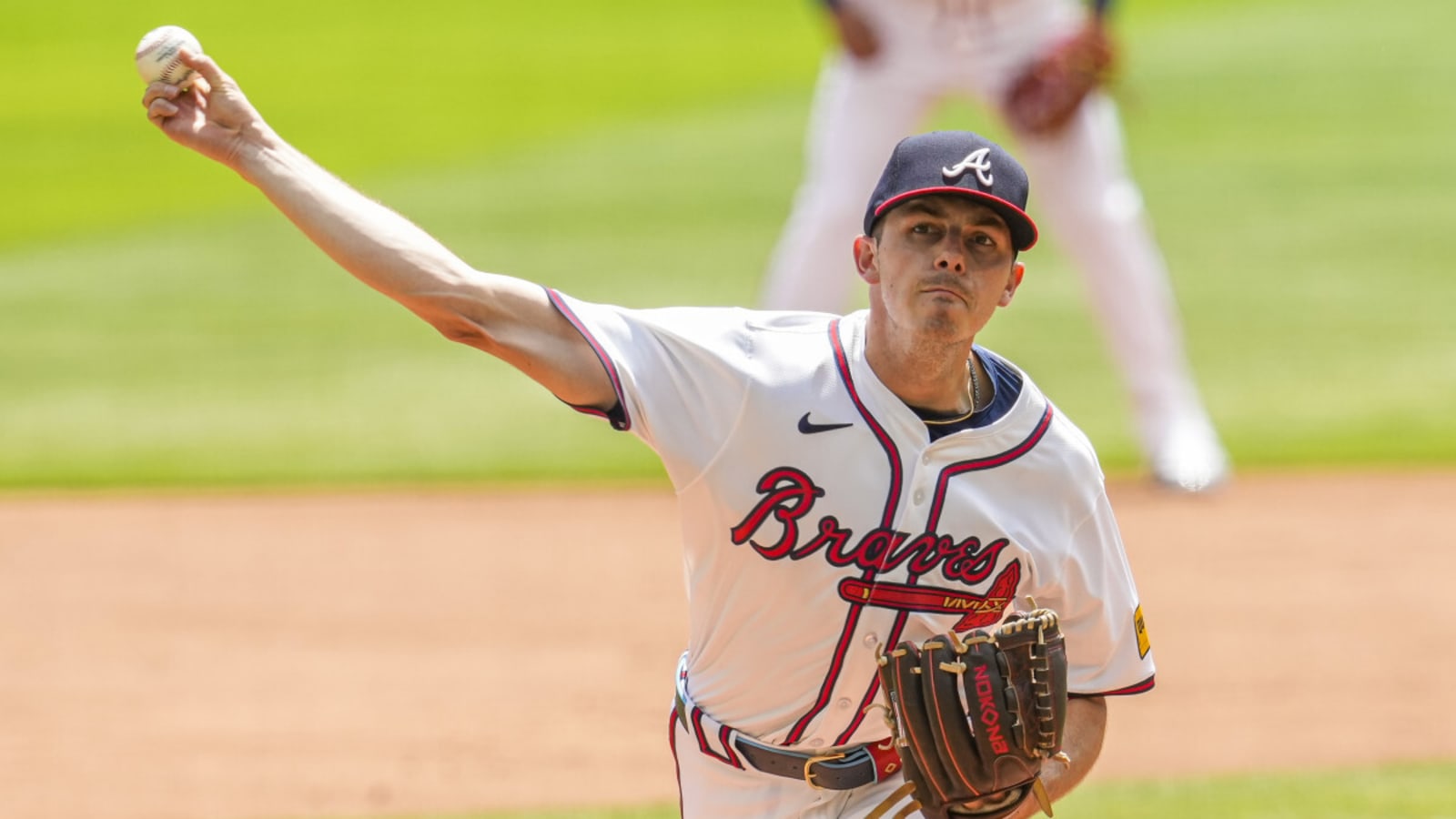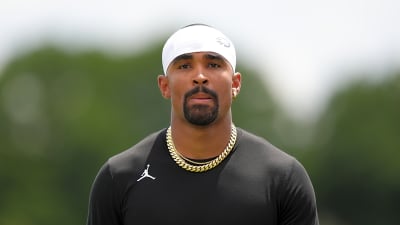
For years, the Atlanta Braves have been the model of player development in Major League Baseball. From Ronald Acuña Jr. to Ozzie Albies, Austin Riley, Michael Harris II, and Spencer Strider, the organization has churned out star after star, building one of the league's most formidable rosters. But success comes at a cost.
As the Braves enter the 2025 season, their farm system is ranked near the bottom of the league—28th, according to Keith Law of The Athletic. It’s a stark contrast to where they stood a decade ago, when they boasted one of the deepest pipelines in baseball. But does this ranking truly reflect the state of the organization, or is it merely the byproduct of a franchise that has mastered player development?
The Price of Contention
The Braves’ farm system struggles can be traced back to multiple factors, but at its core, it’s the price of maintaining a championship-caliber team.
“Atlanta’s farm is down from years of contention, with Alex Anthopoulos trading a lot of prospects away to build and maintain a playoff roster,” Law writes. “And some drafts haven’t worked out, including the 2022 class that started with three high school pitchers, all of whom have had Tommy John since signing.”
Anthopoulos has never been shy about using prospects as trade assets. In recent years, the Braves have moved several young talents, including Joey Estes (Sean Murphy trade), Kyle Muller (Sean Murphy trade), and Justyn-Henry Malloy (Joe Jiménez trade), in an effort to reinforce their big-league roster. The result? A perennial contender that had won six straight NL East titles and a World Series championship in 2021.
But the aggressive approach has left the farm system thin, particularly in the upper levels.
The Lingering Effects of the International Ban
The Braves' farm system also hasn’t fully recovered from the international free agency scandal that rocked the organization in 2017. The fallout led to the departure of former general manager John Coppolella and resulted in MLB banning the team from signing international players for two years while also voiding contracts for 13 prospects.
That penalty has had long-lasting effects. While teams like the Dodgers, Yankees, and Padres have continued to bolster their systems with international signings, the Braves have been playing catch-up.
“They’re also still slowly recovering from the years they spent banned from participating in international free agency for rules violations in the mid-2010s,” Law notes. “Although now you can see some more prospects from Latin America popping up on their top 20 list.”
The signs of recovery are there, but Atlanta remains a step behind some of the more aggressive international spenders.
A Farm System in Transition
Despite the bleak rankings, the Braves' pipeline isn’t completely barren. The system may not be overflowing with top-tier prospects, but it still has some intriguing talent.
AJ Smith-Shawver, the 21-year-old right-hander, has already seen major league action and has the upside of a mid-rotation starter. Hurston Waldrep, the club’s first-round pick in 2023, has electric stuff and could move quickly through the system. There’s also Ignacio Alvarez, a third baseman with strong plate discipline and emerging power.
Additionally, the Braves have a track record of developing under-the-radar talent. Michael Harris II was never considered an elite prospect, yet he won NL Rookie of the Year in 2022. Spencer Strider was a fourth-round pick in 2020, and by 2022, he was one of the most dominant pitchers in baseball.
Winning is the Ultimate Development
For all the handwringing over the state of the Braves’ farm system, it’s worth remembering one thing: nobody has developed more talent over the last decade than Atlanta.
The goal of a farm system isn’t to top prospect rankings—it’s to produce big-league talent. The Braves have done that better than just about anyone, and their ability to turn homegrown players into stars has been the backbone of their sustained success.
Sure, the farm system is thin. But with a core in place and a front office that knows how to find and develop talent, the Braves are still in prime position to remain a contender for years to come.
In the end, a low-ranked farm system is a small price to pay for a roster that’s built to win now.
More must-reads:
- Mets have a Kodai Senga problem: Here's how they should fix it
- Royals lose key starter to IL amid race for playoff spot
- The 'NFL 2025 Week 1 starting QBs' quiz
Breaking News
Trending News
Customize Your Newsletter
 +
+
Get the latest news and rumors, customized to your favorite sports and teams. Emailed daily. Always free!








